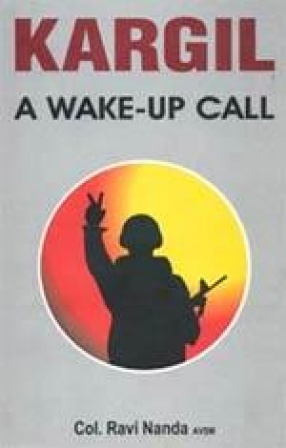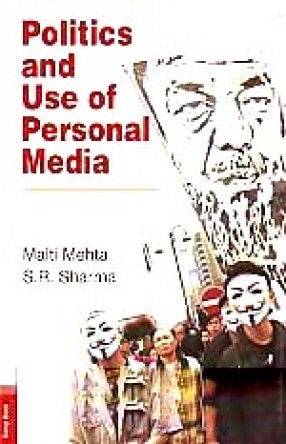The Kargil War caught India napping. The intelligence failure and the command failure of the Army was so glaringly visible. By the time the political authority managed to contend with the reality of the situation nearly a month had elapsed. The immediate response of the Army displayed an utter lack of information and panicky reaction. During this period the COAS, General Malik was in Poland. While holding the enemy with 121 Infantry Brigade, with additional two battalions, who were coming down from Siachin, the Army moved 8 Mountain Division to Kargil and concentrated many Bofor gun artillery regiments. The COAS returned from Poland and was able to convince the Cabinet Committee on Security of the advisability of employing IAF. Initially the IAF suffered losses but then it settled down to perform its task. The situation the Army faced was similar to 1962. It had antiquated equipment and weapon systems. There was inadequate or no glacier clothing. Some jawans were issued condemned snow and glacier clothing. Snow boots were not there at all. Inspite of all this the Army acquitted itself with great credit. The officers leading from the front gave a bloody nose to Pakistan. The IAF air strikes were effective inspite of lack of laser guidance. Indian diplomacy played a major role as well. Although by the time USA asked Pakistan to withdraw India had already evicted 90 percent of the intrusion. In all fairness to the nation a constructive post mortem is warranted. Subramanyam Committee will go into the failures, but it is a non statutory committee and comprises of members of National Security Advisory Board. This book is an effort to see the Kargil war in post mortem perspective.
Kargil: A Wake-Up Call
In stock
Free & Quick Delivery Worldwide
Bibliographic information
Title
Kargil: A Wake-Up Call
Author
Edition
1st ed.
Publisher
ISBN
8170950740
Length
xiv+161p., Annexures; Bibliogoraphy; Index; 23cm.
Subjects





There are no reviews yet.